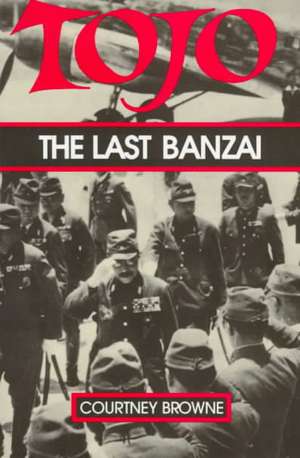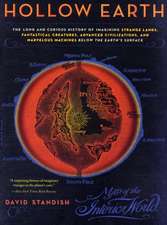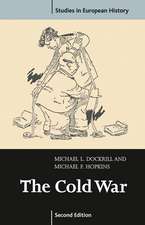Tojo
Autor Courtney Browneen Limba Engleză Paperback – 21 mar 1998
Preț: 176.90 lei
Nou
Puncte Express: 265
Preț estimativ în valută:
33.85€ • 35.21$ • 27.95£
33.85€ • 35.21$ • 27.95£
Carte tipărită la comandă
Livrare economică 15-29 aprilie
Preluare comenzi: 021 569.72.76
Specificații
ISBN-13: 9780306808449
ISBN-10: 0306808447
Pagini: 260
Dimensiuni: 138 x 209 x 22 mm
Greutate: 0.35 kg
Ediția:Da Capo Press.
Editura: Hachette Book Group
Colecția Da Capo Press
Locul publicării:United States
ISBN-10: 0306808447
Pagini: 260
Dimensiuni: 138 x 209 x 22 mm
Greutate: 0.35 kg
Ediția:Da Capo Press.
Editura: Hachette Book Group
Colecția Da Capo Press
Locul publicării:United States
Notă biografică
In addition to having served as a British major in India, Burma, and China during World War II, Courtney Browne (1915-1994) had a deep knowledge of, and many personal encounters with, Japan. He was a member of the British Commonwealth Occupation Force a witness to the War Crimes Trials one of the few foreigners to win the confidence of Tojo's wife and a resident of Japan for a decade.
Descriere
General, minister of war, and prime minister, Hideki Tojo (1884-1948) was the most powerful leader in Japan during World War II. This book examines his life against the backdrop of Japanese militarism to illuminate the man who chose war rather than succumb to US-induced economic strangulation.














